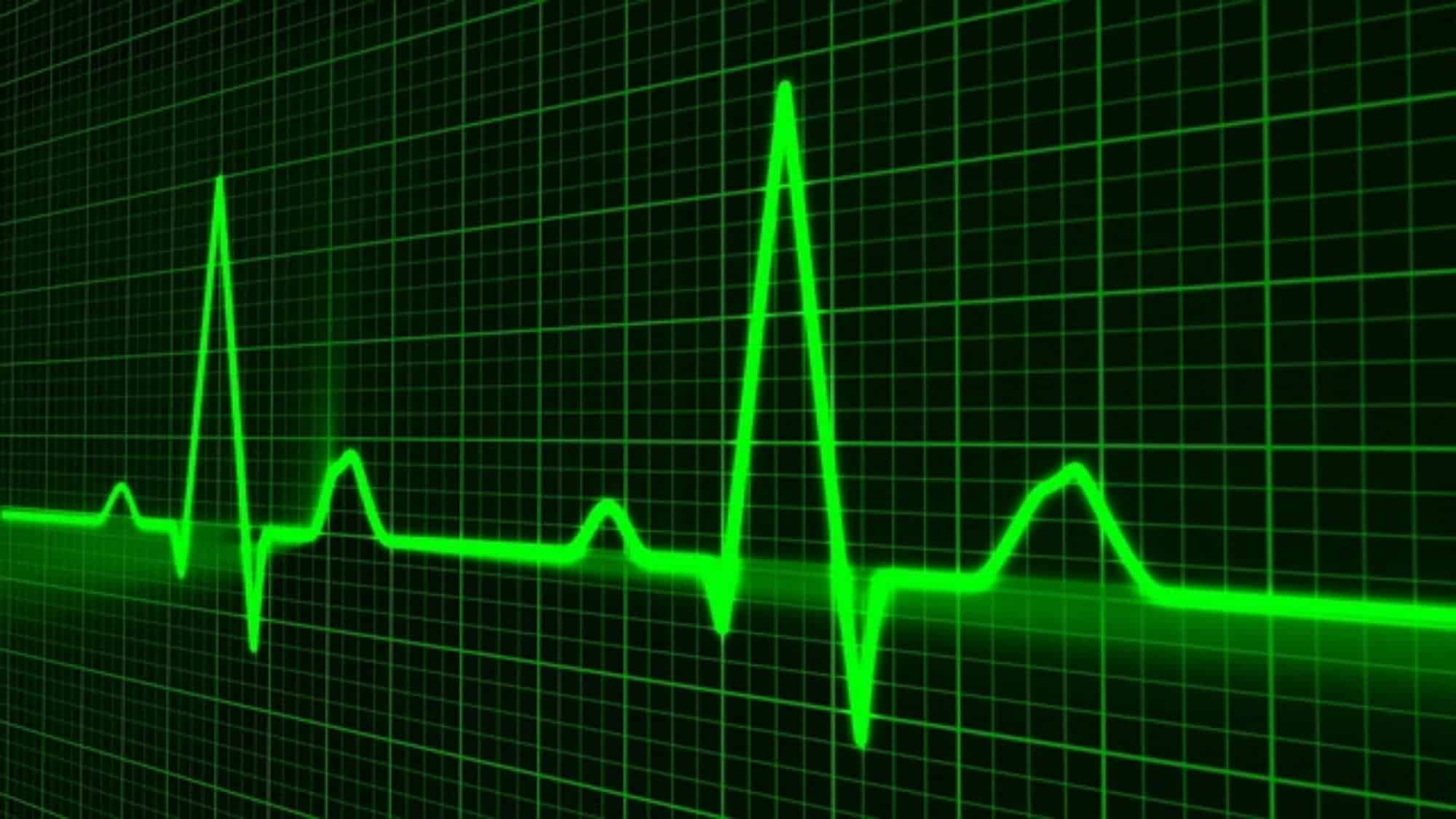Tips For Improving Your Outcome After A Critical Illness Diagnosis By Strengthening Your Immune System
Medical science is able to help you survive serious health conditions. Pegasus senior care specialists in Sierra Madre and elsewhere know that treatment can leave you struggling to recover. They offer these tips to help you improve your outcome after a critical illness diagnosis.
Critical illnesses are usually life-threatening. They include strokes, heart attacks, cancer, kidney failure, and similar conditions. Trauma from accidents can also be life-threatening.
Many of these initially require time spent in an intensive care unit (ICU). Invasive procedures may be needed to save your life. Or you may be facing debilitating treatments.
Treatment For A Critical Illness Can Leave You Sicker
All the steps taken to preserve your life may leave you feeling great. Unfortunately, that’s not always the case. All too often, life-saving treatments leave individuals with a new or worsened condition.
Medical treatment for a critical illness can affect emotional, mental, and physical health. When the treatment outcomes are adverse, the individual’s ability to function is impaired. Healthcare providers have recognized the following post-treatment concerns:
- Impaired ability of cells, organs, and other bodily functions to do their job
- Continued symptoms, such as pain, difficulty breathing, and fatigue
- Limited ability to care for oneself
- Worry or anxiety about future health
- Loss of quality of life
Some individuals are no longer to live independently.
The World Health Organization summarizes critical illnesses and injuries as impairments to good health. The impairments lead to limitations in the ability to complete physical or mental tasks. The limitations result in decreased ability for self-care, which they define as disability.
A Strong Immune System Is Key To A Favorable Outcome
As with nearly everything to do with health, your immune system is a key player. Your immune system is a complex network of cells, organs, substances, and tissues devoted to fighting disease.
The stronger your immune system, the stronger your defenses against disease are. Sometimes an illness or accident breaches the defenses and impairs your health. A strong immune system can improve your outcome from a critical illness even if it wasn’t able to prevent it.
The best way to strengthen your immune system is to establish healthy lifestyle habits. You can improve your lifestyle if you:
- Stop smoking
- Eat plenty of fruits and vegetables
- Exercise regularly
- Lose weight if you’re overweight
- Get enough sleep
- Reduce stress
Choices such as these help keep you strong. They become even more important when you’re trying to recover from a critical illness.
You May Feel Too Weak To Make Good Choices
If your illness or accident put you in ICU or required grueling treatments, you are probably weak. Trying to make good lifestyle choices can require too much effort. Or you simply don’t have the energy.
One expert describes what she calls the Triple Threat to healing: inadequate nutrition, poor sleep, and immobility. From experience, she knows that physical weakness, depression, and worry hinder your ability to make healthy choices.
Knowing that eating, sleeping, and movement improves your outcome can be enough motivation. For many individuals, help from caregivers is essential. A Pegasus caregiver can assist when family or friends are overburdened or unavailable.
You may need to change life-long habits to maximize your ability to heal. For example, you may need to stop skipping meals or forcing yourself to eat large meals. Numerous small meals throughout the day can provide the nutrition you need.
Medications for your illness, pain, and worry can keep you from getting enough sleep. Lack of sleep keeps your body from healing. Spend the time necessary to determine the cause of your sleeplessness.
Then talk to your healthcare practitioner. Dosages and types of medications can be modified. A medical or spiritual counselor can help ease your worry.
Exercise is essential for healing. Your mobility may be limited, but any movement is beneficial. A physical therapist can customize exercises that are appropriate and safe.
Expert Help Is Available
In addition to a physical therapist, you may need help from one or more experts such as the following:
- Dietitian – expert help in meal planning to make sure your nutritional needs are met
- Occupational therapist – expert help in relearning self-care
- Physiatrist – a specialist who aids in rehabilitation and adjusting to your “new normal”
- Primary care physician – your first stop for healthcare
- Psychiatrist – a medical doctor who can help with depression, anxiety, and PTSD
- Psychologist – a professional who also helps with your emotions and ability to cope
- Speech therapist – provides help in regaining your ability to speak
- Specialists – these can include neurologists, cardiologists, nephrologists, immunologists, oncologists, or others depending on the nature of your critical illness
Pegasus services include helping you find the medical professionals you require. We can also transport you to your appointments when necessary.
Avoid overlooking the power of your mind. Research has documented how positive thinking can help you heal faster.
Pegasus is a licensed Home Care Organization and a Joint Commission Accredited Home Health Care organization. You can rely on our senior care services in Sierra Madre and our other locations for assistance. We’re here to aid you, or your senior loved one, improve the outcome after a critical illness.

